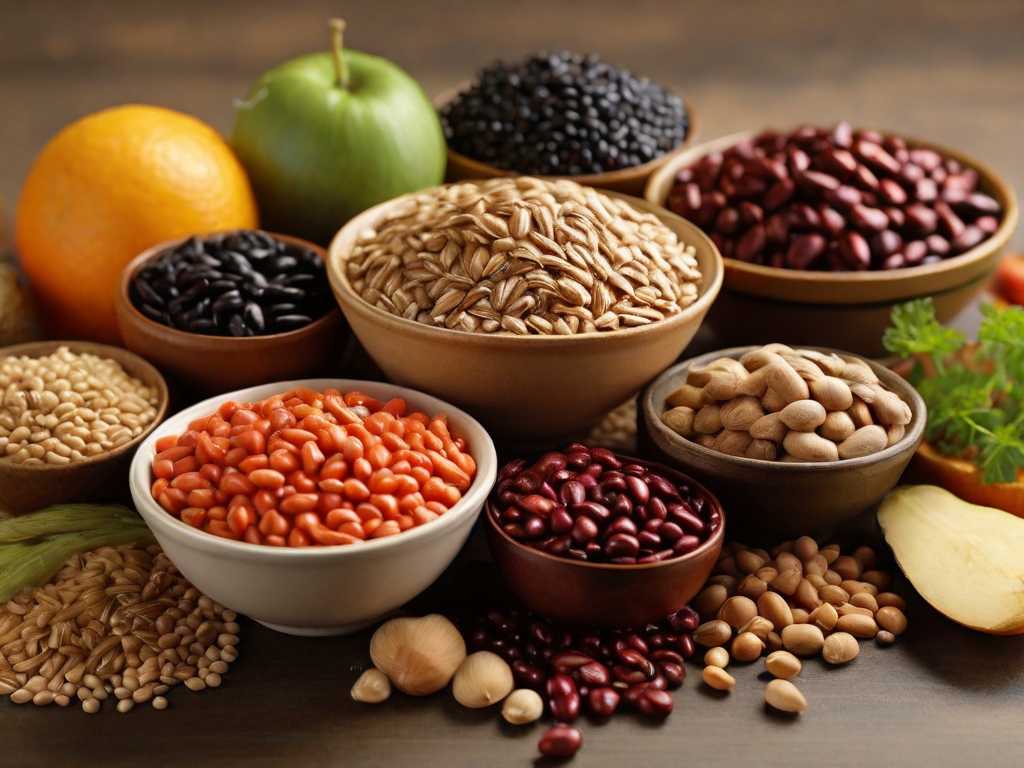
Whole grains, fruits, vegetables, and legumes are excellent sources of carbohydrates that offer numerous health benefits:
Whole grains:
Options like brown rice, quinoa, oats, barley, and whole wheat provide fiber, vitamins, minerals, and antioxidants. They support digestive health, help regulate blood sugar levels, and may reduce the risk of heart disease and certain cancers.
Fruits:
Fruits are rich in vitamins, minerals, fiber, and antioxidants. They provide quick energy due to their natural sugars and can help satisfy sweet cravings in a nutritious way. Incorporating a variety of fruits into your diet can support overall health and reduce the risk of chronic diseases.
Vegetables:
Vegetables are low in calories and high in fiber, vitamins, minerals, and antioxidants. They come in a wide range of colors and flavors, each offering unique nutritional benefits. Consuming a diverse array of vegetables can improve digestion, support immune function, and reduce the risk of chronic diseases.
Legumes:
Legumes such as beans, lentils, chickpeas, and peas are rich in fiber, protein, vitamins, minerals, and antioxidants. They are low in fat and can help lower cholesterol levels, improve blood sugar control, and support weight management. Legumes are also versatile and can be incorporated into various dishes, making them a valuable addition to a healthy diet.

Incorporating these carbohydrate-rich foods into your meals can help provide sustained energy, promote overall health, and support various bodily functions.

EAT THIS ONCE A DAY TO LOWER BLOOD SUGAR BELOW 100 ALL DAY

